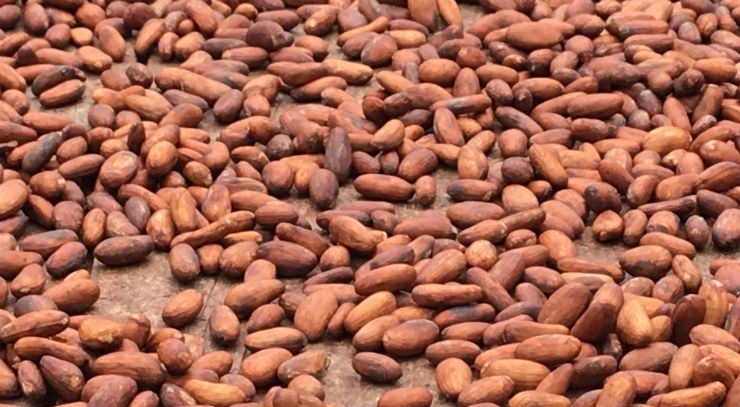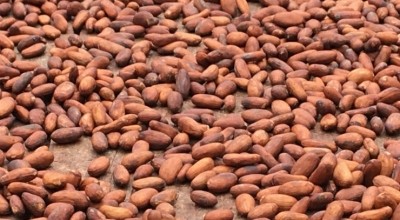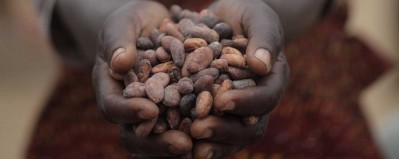Cocoa
Cote d’Ivoire appoints senior Mars executive to protect cocoa initiative, as surplus drives down prices

Alex Assanvo (48), a former director corporate affairs for Europe and Africa at Mars, will be based at the initiative’s headquarters in Ghana.
The announcement came after it emerged that the two West African countries are struggling to enforce the LID, with cocoa traders, processors and chocolate makers refusing to pay the extra and using middlemen who are paying less than the government’s price, resulting in cocoa beans piling up in warehouses.
“The farmers are very fed up with the whole thing because they were promised this Utopian existence that wasn’t based on sound economics,” said Jonathan Parkman, deputy head of agriculture at Marex Spectron Group Ltd. “That doesn’t help farmers, it hinders them,” he told Bloomberg.
One of Assanvo’s first jobs will be to help Cote d’Ivoire sell its expensive cocoa during a global surplus created by lower demands for chocolate in Europe and America because of the coronavirus pandemic. Latest figures reveal European processing dropped to a four-year low in the fourth quarter.
Ghana’s higher-quality beans means there is still a demand from chocolate makers for its premium bars. Cocoa is the third-highest export earner for Ghana and accounts for 8% of Cote d’Ivoire‘s economy.
According to Bloomberg reports, the Ivorian regulator Le Conseil du Cafe Cacao (CCC) is proposing to purchase 50,000 tonnes of cocoa beans and delaying the commercialisation of two-thirds of the unsold beans, approximately 200,000 tonnes, to the smaller harvest that is due to start in April.







